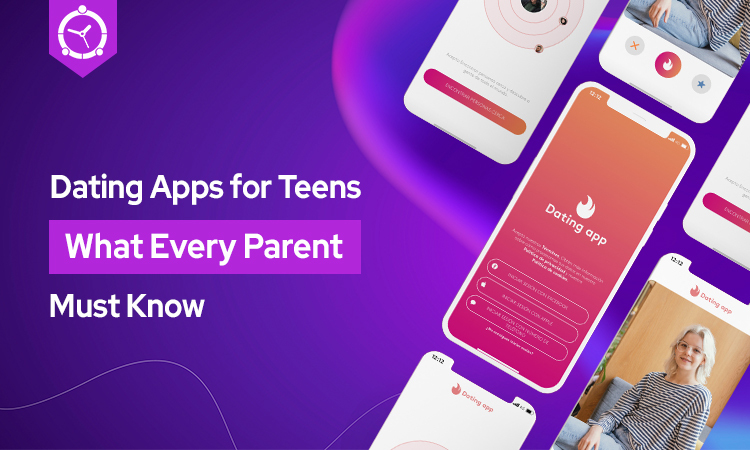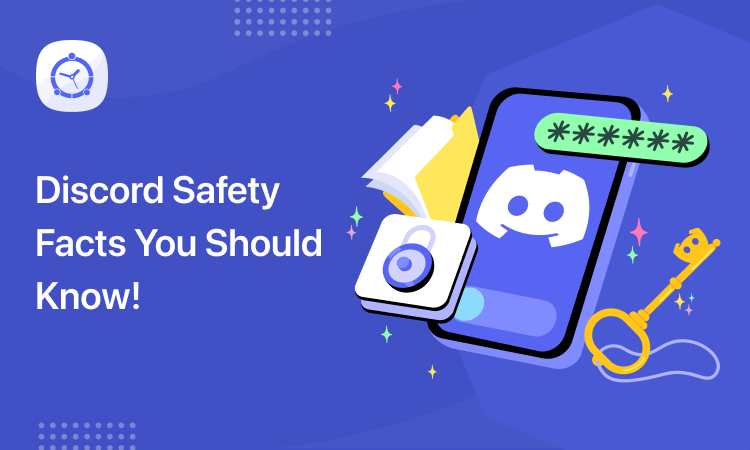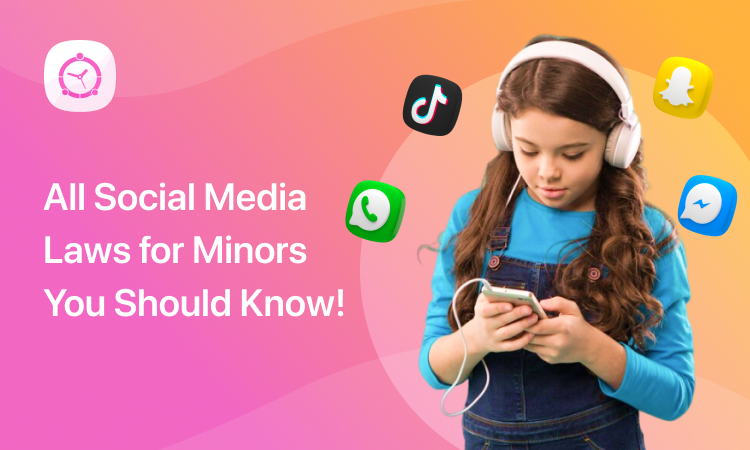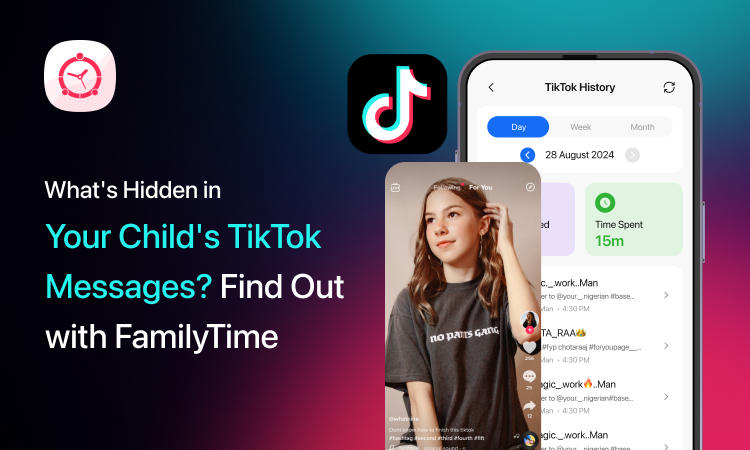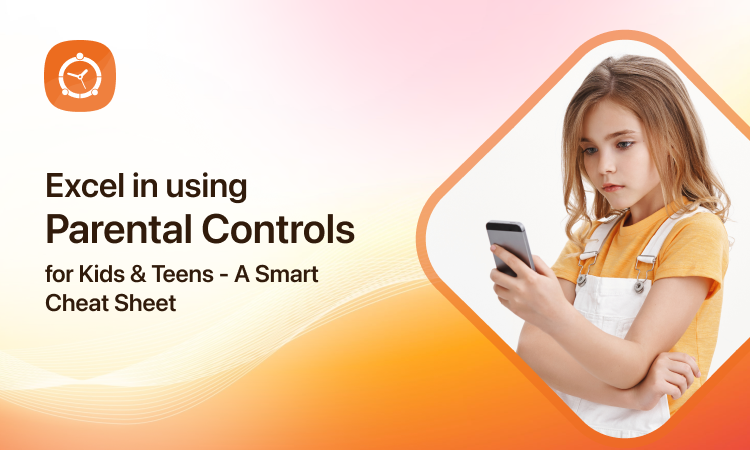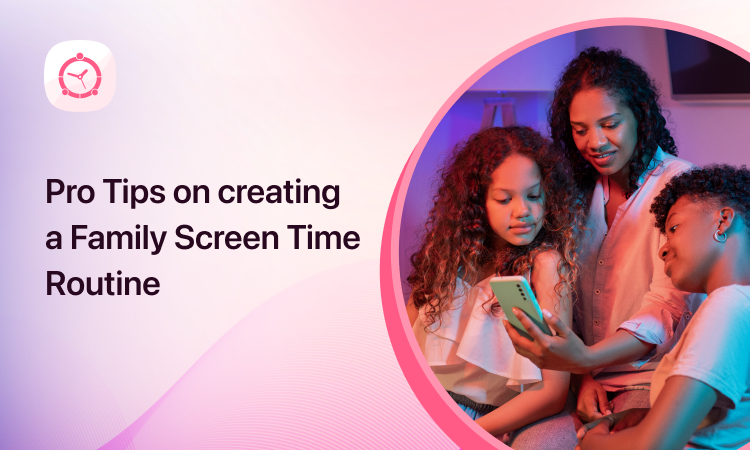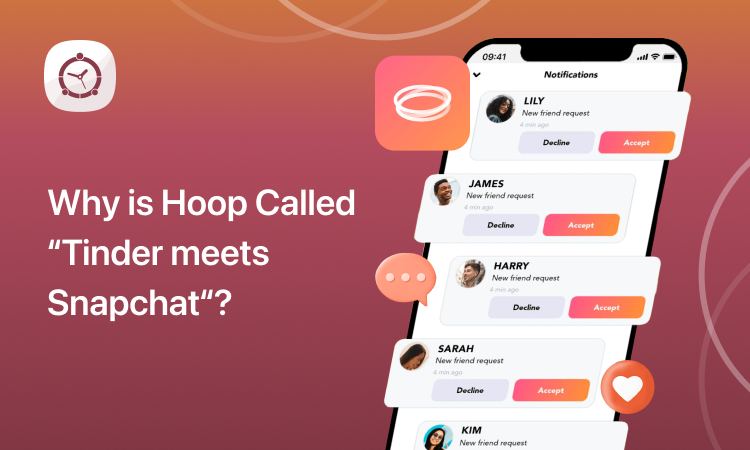Technology has completely changed the way we interact with people. In the past, people would make in-person visits to their crush’s house or call them. Now, everything is fast-paced and dating apps are so common that you can now find numerous dating apps for teens.
Dating apps have gained even more popularity during the COVID pandemic due to social distancing. Using dating apps poses safety risks even for adults and teens face far greater dangers.
Dating Apps For Teens
The very purpose of a dating app is to connect two strangers on the premise of forming a romantic relationship. The stakes are high even for adults when it comes to dating apps. Since it is ‘dating apps for teens’ we are talking about, the risks run even higher. Here are a few popular dating apps that teenagers are using these days. Let’s take a look at how safe they are and what dangers they pose.
- Yubo
This app was first introduced in the market under the name “Yellow”. It was not designed to be a dating app per se. Instead, it helps people live stream and share their content with users on the platform. The policy of this app requires its users to be between the ages of 13 and 25. It feels more like a social community rather than a dating app.
However, teens do use it for dating purposes. Yubo has several safety features in place as added security that helps make it a safer community for teens. For instance, users need parental permission to sign up for this app. The app differentiates the teen community from the adult one. This allows teens to only communicate with other teens, therefore, lowering the risk of predators and malcontent.
Another good feature is that nobody can give likes to your content or follow your profile. Yubo also utilizes facial recognition software to judge the age of a user while signing up. Using the reverse image search tech, it analyzes whether the person is real or using stolen images to create a fake profile.
- Skout
Skout is another relatively safer option among the dating apps for teens that are currently on the market. It requires its users to be at least 17 years old or above to sign up. It doesn’t have a very large community of users and is a location-based dating app. It functions pretty similar to adult dating apps and matches you with people nearby.
It has a variety of fun features. For instance, ‘Shake to Chat’ allows you to match with someone closer to you who are shaking their phones at the same time. Its travel feature allows you to flirt with someone in a different city. It has a free version with limited features, and its paid version is available for $9.99/month.
- Hoop
Hoop is more like a combination of Snapchat and Tinder. It allows teens as young as 12 to connect with complete strangers. Its policy claims to keep the adults’ community separate from the teens’ community which means the adults won’t be able to contact any teens and vice versa.
The users get to use swipe features to sift through profiles. They can see a person’s age, gender, pictures, etc. to decide who they wish to initiate a conversation with. Hoop allows you to request a person’s Snapchat handle and if the other person accepts, they can take their conversation to that platform.
The downside is that Hoop doesn’t confirm your age while signing up. This means anyone can lie about their age to get into the adult or the teen community. This increase the risk of getting catfished or falling victim to an online predator.
Risks Surrounding Dating Apps for Teens
The phrase ‘dating apps for teens’ itself is quite alarming for parents. There are so many things that could go wrong when it comes to teens using dating apps. For instance, they can get involved with sexual predators, catfishers, sexting, malcontent, and so on. Here are a few risks all parents must beware of.
- Catfishing
The downside of online dating is that it opens doors to your private lives to numerous strangers that you may choose to trust. This increases the risk of getting catfished exponentially. If you’re unfamiliar with the concept of catfishing, it is when a person creates a false persona to lure people in with their charm and build a fake relationship. The end goal is to manipulate the other person into believing that the relationship is real. That is how the catfishers manage to extort money and other (financial or non-financial) benefits from the other person.
- Predators
Predators don’t just hog adult dating apps, they may also be present on dating apps for teens. In fact, teenagers are mostly gullible and therefore an easier target. They may fall victim to an abusive or toxic relationship since predators with online presence usually begin their grooming process over these apps. They typically pretend to be teens and later reveal their age to gain sympathy or they may be honest about it upfront to establish trust. Parents must educate their kids about such scenarios and possibilities before allowing their teens to join dating apps.
- Malcontent
Dating in the age of the internet poses risks that people in the past never had to worry about. People usually used to date in their known community and if they would like to date somebody they didn’t know, they used to take their sweet time and know each other. Now, everything happens with lightning speed and sexting has become the new norm for first base.
The emotional pressure and toll of sexting on a teenager can be immense. However, asking for and sharing nudes is way worse for minors. This is unlawful in most states; however, it may happen regardless.
The parents need to be aware of their teens’ online activities and educate them about the consequences of such actions to help keep them safe. There are several parental control applications such as FamilyTime that can help you monitor your teens’ online activities.
How Can FamilyTime Help You?
Are you terrified that there are dating apps for teens? Do you worry that your kids may be using them already? If the answer to these questions is yes, then it is time that you take a step in the right direction and look for parental control apps such as FamilyTime.
This app can help you manage and block applications on your kids’ devices and the best thing is that they cannot bypass your authority. Once an app is downloaded, it is automatically blocked and flagged for parental approval. The kids may only use it if a parent allows it.
Another excellent feature is Internet Filter, you can block entire websites and a lot of content based on certain keywords. This way your child will stay protected against dating websites, pornography, and other indecent activities.
FamilyTime also allows you to monitor your kids’ offline text messages and calls to prevent the chances of sexting. You can also create a watchlist of contacts to keep unwelcomed people away from your kids. You can do a whole lot more with this app to give your kids a healthy and safer digital life.

